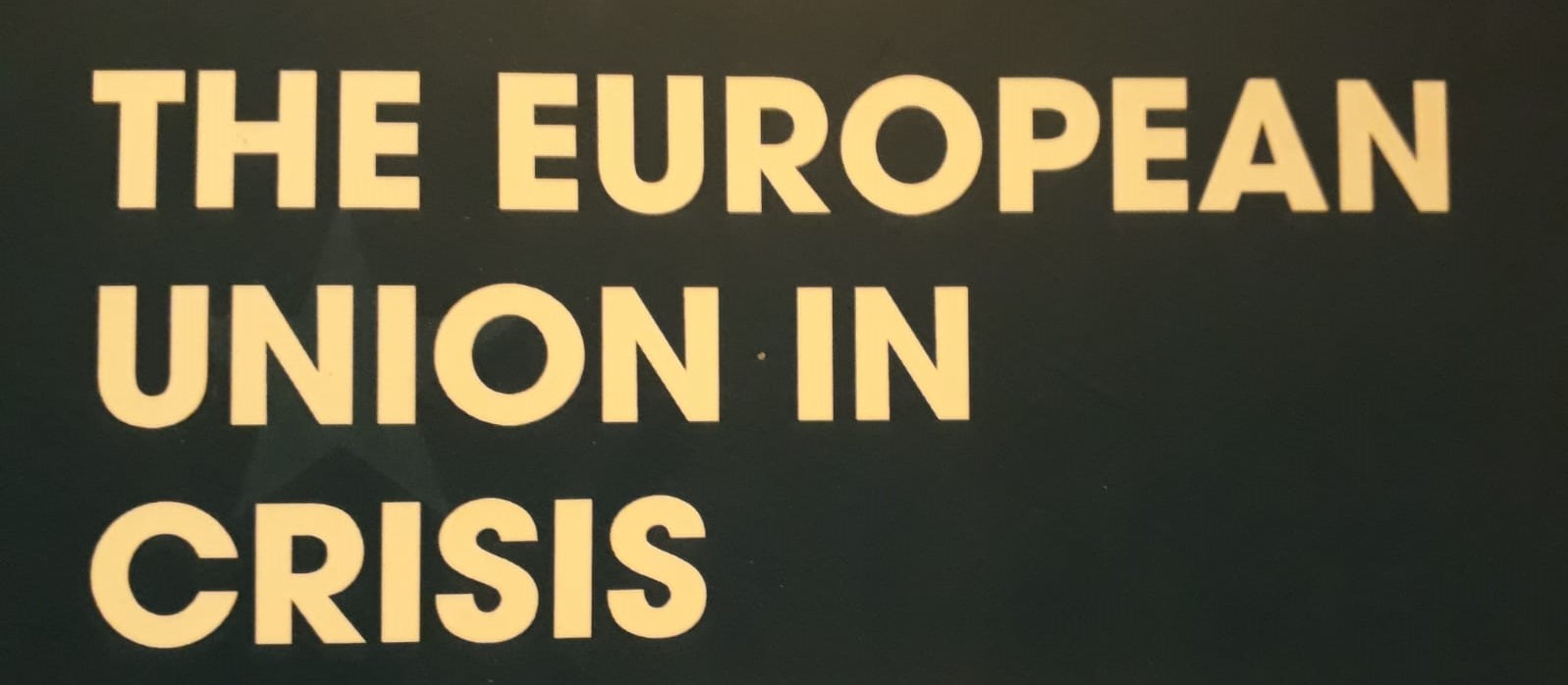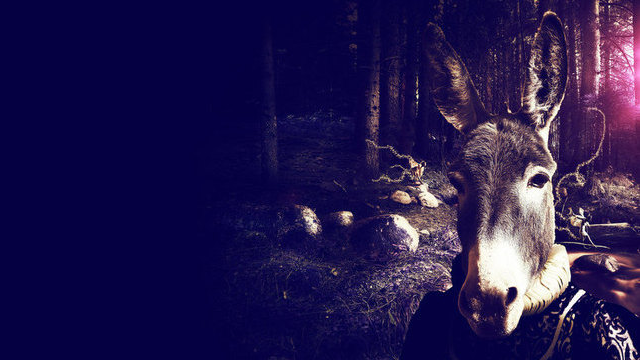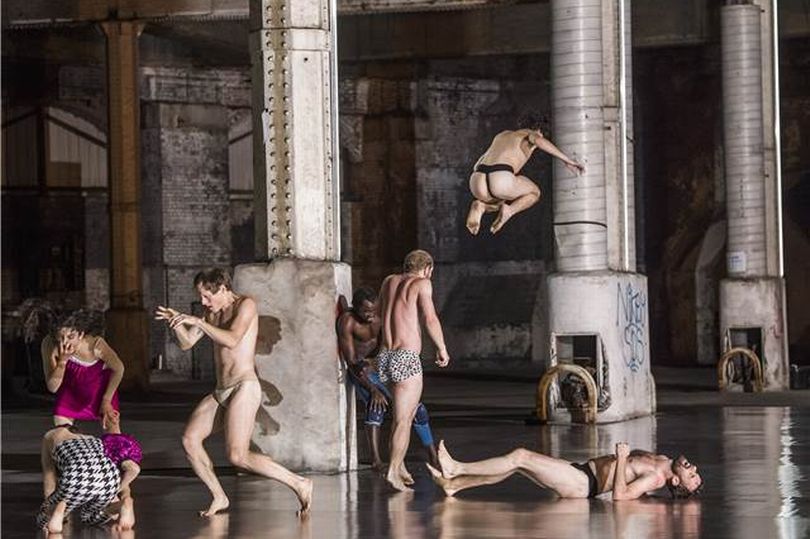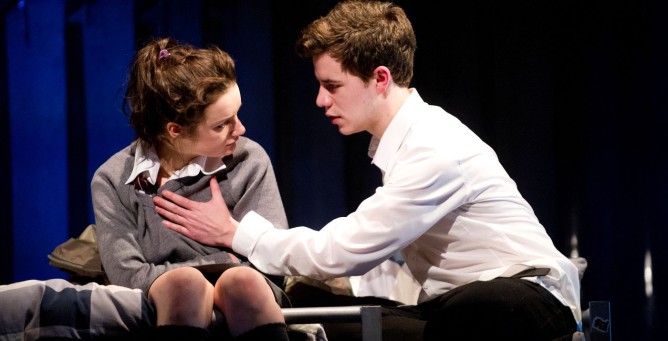Ah, Love Island.
Prior to this year, I hadn’t watched a single episode but then the box set came to Netflix and a good old binge ensued. So, by the time June and Series Four came around I was hooked, and you could bet your backside that I’d be in front of the idiot box every night at 9pm.
Love Island is no stranger to controversy. Back in 2016, contestant Zara Holland was stripped of her Miss Great Britain title for engaging in sexual activity on the popular show. Its presenter, Caroline Flack, took to Twitter to renounce the decision and Holland’s treatment as a blatant act of sexism and “slut-shaming”. I was appalled that women could still be chastised for being sexual – while the fella simply received a pat on the back. Blessed be the fruit!
This year, the controversies and social commentary show no sign of stopping. Questions like ‘should a doctor go on reality television?’ ‘Does the show do enough in the way of after-care?’ as well as opinions about modern relationships have made appearances – both online and in the tabloids – and the show’s reception seems to be a little, well, different.
Love Island is basically Instagram pumped full of hormones and swilled down with alcohol. The contestants are used like real-life Sims characters, orchestrated by the great-and-powerful ITV producers, and a product of a distorted online existence. But surely a bunch of people so toned, primped and beautiful would be brimming with confidence? Wrong.
I’m not one of these people that dismisses the show’s contestants as vapid or fame-hungry. Sure, they might be after a spot presenting the entertainment segment on This Morning or a  sponsorship with some fashion company or other, but they’re real people with emotions, families, jobs and lives, and they’re merely a representation of what’s going on in the world – not the cause.
sponsorship with some fashion company or other, but they’re real people with emotions, families, jobs and lives, and they’re merely a representation of what’s going on in the world – not the cause.
In the Tinder-age, where the grass is greener, and we want our relationships like our food – fast, convenient and wrapped in shiny packaging – their behaviour is more indicative of ‘real life’ than people might allow themselves to believe.
We shout at the telly or write a snarky post on Twitter about how we’d never behave like them (ah, that fabled ‘other’). We announce that we have more respect for ourselves – and for other people – but do we? As a singleton, I’ve experienced my fair share of dating horror stories and disappointments, and the situations are not that far removed from what we’re currently seeing on the telly box (apart from they took place somewhere like Weatherspoon’s rather than sunnier climates).
Last night a friend and I chatted about dating and we admitted that we recognised ourselves – two sarcastic, single, 30-somethings – in some of the contestant’s behaviour. Take Dr Alex as an example. The resident ‘good guy’, you’d think the woman would come a-flocking. But they don’t and, like a moth-to-a-flame, off they trot into the arms of chief bad boy, and villa villain, Adam Collard.
“Like we don’t do that,” I state over a brew. “Look at our recent unsuitable suitors.”
“Yeah,” my friend agrees with a smirk. “I’ve got to give you that.”
So, I guess my point is this: Love Island is, unintentionally, a platform for highlighting problems in modern relationships – as well as being a source of entertainment. It’s rife with issues surrounding ageism (if the nine-year age-gap between Laura and Wes was the other way around, I don’t even think it would be noticed because it’s considered the ‘norm’) self-esteem, emotional abuse and manipulative behaviour.
The actions of island Lothario, Adam Collard, have even prompted a domestic abuse charity to issue a warning about unhealthy behaviour in relationships. Women’s Aid said that there were “clear warning signs” in Collard’s treatment of fellow contestant Rosie Williams, who he had coupled up with. The pair were involved in a heated argument on Tuesday’s episode, with Williams accusing Collard of ignoring her in favour of new contestant Zara McDermott. Collard accused Williams of “overreacting” and stated that her jealousy over his flirting with McDermott had “pushed him away” – I was shouting at the telly by this point.
Williams came back all guns blazing, with a sassy walk to rival Beyoncé and a head nod that would make the most pliant of humans shut down, but the girl was clearly hurt and confused. Even as she was crying, Collard was smirking like a demented Cheshire cat.
Chief executive of Women’s Aid Katie Ghose said that Collard’s behaviour towards Williams exhibited signs of “gaslighting and emotional abuse” and called on viewers to make a stand.
She continued: “In a relationship, a partner questioning your memory of events, trivialising your thoughts or feelings, and turning things around to blame you can be part of a pattern of gaslighting.”
Now, I agree with this statement. These are obvious signs of emotionally manipulative behaviour and it’s far more common than we think – I’ve even seen it in friendships and work environments – but branding Collard a ‘sociopath’, like some viewers who took to Twitter to vent their anger, is unfair and I can see why his family have spoken out in his defence. In a later episode, before Williams’ departure, Collard did apologise – but still, how about not doing something so shitty it warrants an apology in the first place, yeah?
I suppose I see it like this: Collard’s behaviour is symptomatic of several severe problems endemic within society most notably, branding women as ‘psycho’, ‘emotional’ or ‘too needy’ when they object to bad behaviour, but also notions of what it means to be masculine. We all experience insecurities in relationships, and I can only imagine how amplified these feelings must be in such a setting, but Collard is essentially creating these anxieties (occasionally on purpose) and then dismissing William’s protestations and hurt feelings as being ‘ridiculous’ and ‘childish’. It’s much more insidious than simply being a ‘dick move’.
But does he know what he’s doing? Is it on purpose? Or is this behaviour so ingrained in a culture of toxicity? I’m not sure. It’s hard to tell on a heavily edited TV show but I’m glad it’s prompted a discussion.
While the girls in the villa do show disdain for Collard’s behaviour towards women (most notably the adorable Dani Dyer), he’s often referred to as a ‘god’ and his looks are cited as an excuse. Each new girl (with the odd exception) is drawn to him and, just as Collard discards his current love interest for a shiny new replacement (seriously, a wig on a mop could walk in and I swear it would be “his type on paper”), the girls are all aware of his bad behaviour. Ladies, take note – we’re never the ones to ‘change’ this behaviour.
“You’ll never be happy if you keep looking for more,” announces Williams – summing up the entire problem in one neat sentence.
“Debatable,” he sneers, and it takes all my willpower not to throw a cushion at the telly.
So, what can we learn, if anything, from shows like Love Island? I think it’s an excellent tool to see just how far-removed from the reality of relationships – real relationships – we are as a society. I don’t mean to sound pessimistic – and, yes, I know it’s a game show thanks very much – but, scarily, it’s not too far off our current reality where using, cheating, ghosting, orbiting, breadcrumbing- and all those other bonkers names for shitty behaviour – are commonplace.
Perhaps instead of dismissing the show as vapid entertainment, we should look at it as a useful device for teaching ourselves, each other – and especially younger viewers – that such behaviours are unacceptable, harmful and have the potential to be incredibly destructive?











